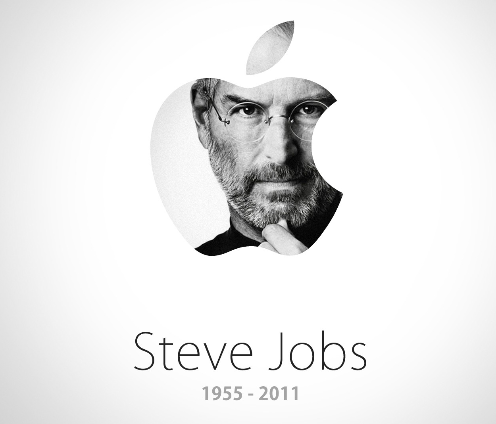Jobs also insisted that the iTunes Store would sell individual songs, not just entire albums.
喬布斯還堅持在iTunes商店出售單首歌曲,而不僅是整張專輯。
That ended up being the biggest cause of conflict with the record companies,
這就造成了和唱片公司之間最大的分歧,
which made money by putting out albums that had two or three great songs and a dozen or so fillers;
因為他們賺錢的模式是在一張專輯中主打兩三首好歌,另外填充一些一般的作品,然后一起打包出售。
to get the song they wanted, consumers had to buy the whole album.
為了獲得想要的歌曲,消費者就必須買下整張專輯。
Some musicians objected on artistic grounds to Jobs's plan to disaggregate albums.
一些音樂人也從藝術家的立場反對喬布斯“拆分專輯”的做法。

"There's a flow to a good album," said Trent Reznor of Nine Inch Nails.
九寸釘樂隊的主唱特倫特·雷澤諾說:“一張好的專輯具有一定的連貫性,
"The songs support each other. That's the way I like to make music."
所有歌曲之間是互相支持的。這也是我喜歡制作音樂的原因。”
But the objections were moot.
但反對無效。
"Piracy and online downloads had already deconstructed the album," recalled Jobs.
喬布斯回憶道:“盜版和網上下載早已將專輯分解了。
"You couldn't compete with piracy unless you sold the songs individually."
如果你不能出售單首歌曲,那你也無法和盜版競爭。”











